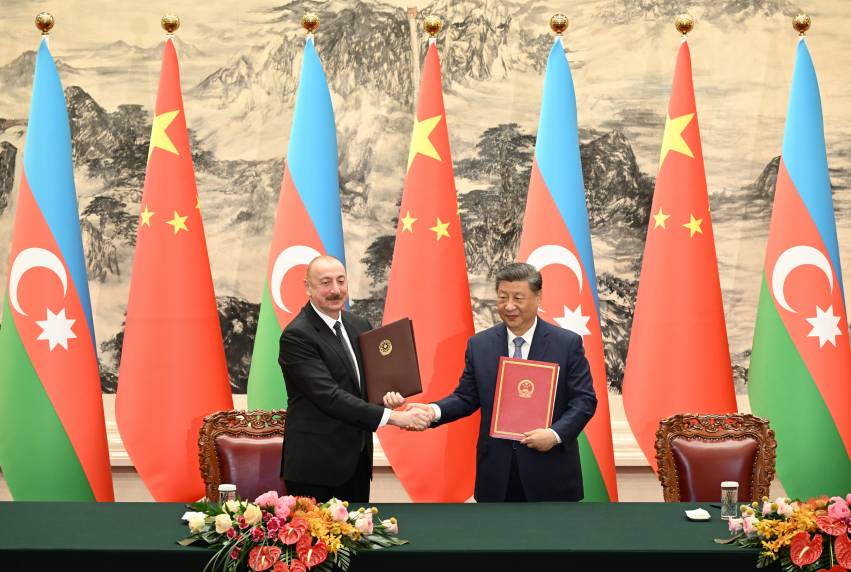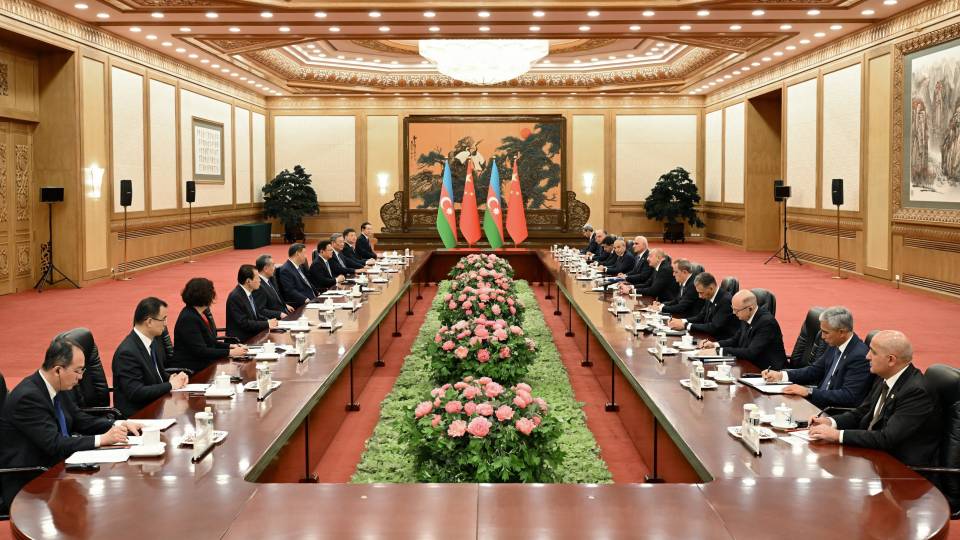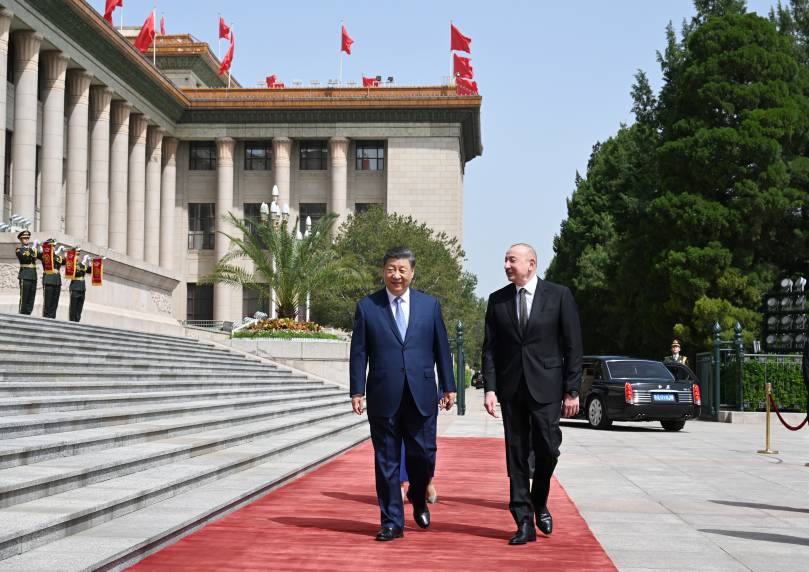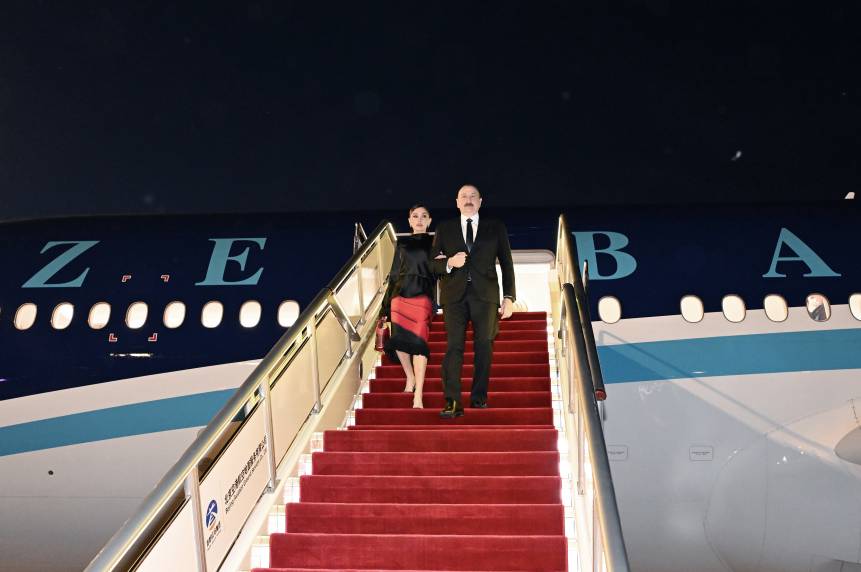16:38
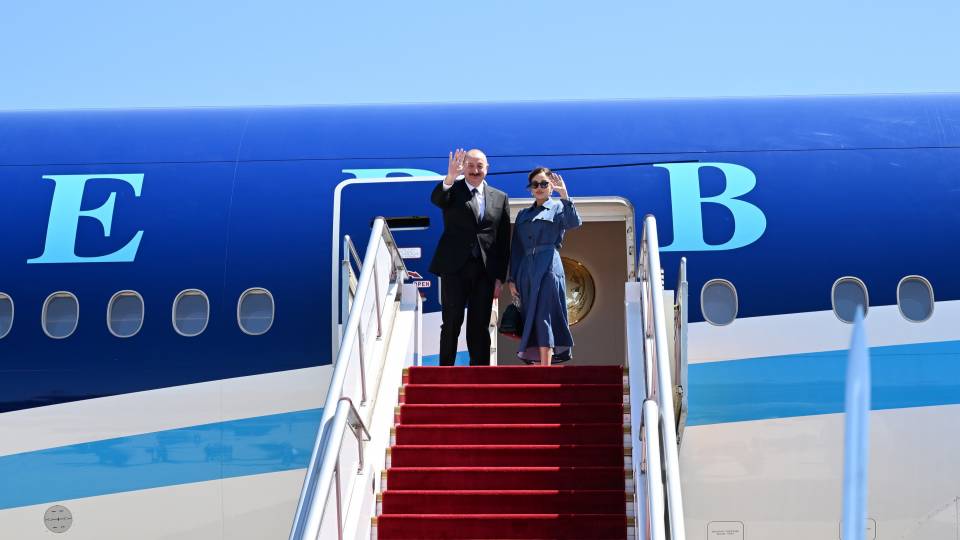
DIPLOMAT
December 2013
This month Azerbaijan completes its two-year non-permanent membership of the United Nations Security Council.
Elected with the overwhelming support of the UN member states back in October 2011, Azerbaijan has contributed to upholding the United Nation’s fundamental values and principles in this role over the past two years.
During its two Presidencies at the UN Security Council in May 2012 and October 2013, Azerbaijan has focused on key challenges facing the international community. In May 2012, my country convened a special session to discuss the issue of strengthening international cooperation in the fight against terrorism. While addressing the session, Azerbaijan’s President Ilham Aliyev drew attention to the need to reinforce cooperation between UN member states and enhance the capacities of the relevant structures dealing with this challenge. The President also emphasised that Azerbaijan will stand for respect of the norms of international law during its role at the UN Security Council. The session was vital in highlighting the importance of strengthening cooperation between the UN and regional organisations, as well as UN member states, which is a pre-requisite to achieving a terror-free world.
However, gone are the days when peace and security – a key UN objective – were understood purely in military terms.
These days, sustained and lasting peace and stability can only be achieved by properly understanding their intrinsic link to political, humanitarian, development and inter-cultural ties. With that in mind, in October 2013 Azerbaijan initiated a special session on the issue of strengthening cooperation between the UN Security Council and the Organisation of Islamic Cooperation (OIC), the very first session dedicated to UN-OIC cooperation. As most of the issues on the agenda of the UN Security Council relate to the OIC, the second biggest intergovernmental organisation representing all Muslim nations after the UN, it is important that these two organisations strengthen cooperation and partnership in tackling common issues. The session provided an opportunity to discuss the current state of this partnership and ways to reinforce this in the years ahead.
Strengthening this partnership is also vital to reinforcing respect and understanding of different values, faiths and religions. Inter-cultural dialogue is an area where Azerbaijan is well placed to take the lead, as the country is located at the meeting point of Europe and Asia, East and West. Recently, Azerbaijan has turned into a meeting place for representatives of different cultures and faiths for exchange of views. It is no coincidence that during the UN-OIC discussions in New York City, Baku was hosting the third International Humanitarian Forum, bringing together decision-makers, civil society members, religious leaders and academics for comprehensive discussions, and to exchange views on various aspects of future challenges.
Another area Azerbaijan focused on was the challenges facing Africa. During its second Presidency, UN Security Council members visited Africa, a trip initiated by Azerbaijan to see the challenges on the ground for themselves. While in Africa, the UN Security Council held a joint meeting with the African Union’s Peace and Security Council to discuss the situation in the Great Lakes region, including Somalia, Sudan, South Sudan, Central African Republic etc. Moreover, Azerbaijan also took an active part in the discussions within the UN Security Council on the situation in various regions of Africa.
Another area where Azerbaijan has strengthened its role is in its assistance for worldwide international aid and prompt responses to humanitarian disasters. The Azerbaijan International Development Agency (AIDA), a recently established state entity to coordinate and implement the country’s aid and development strategy, expanded its operations across Africa. AIDA has now accomplished over 20 programmes, mostly in Africa, both individually and in partnership with international stakeholders, covering areas such as healthcare, agriculture and capacity building. As the Millennium Development Goals come to a conclusion and focus shifts to the post-2015 period, this initiative was crucial in calling the international community’s attention to the challenges facing Africa.
The successful two-year UN Security Council non-permanent membership demonstrated how Azerbaijan’s young diplomacy can punch above its weight. Looking ahead, having accomplished its UN Security Council role successfully, Azerbaijan is resolved to strengthen its role in international relations through contributions to international peace and security.
Link to article

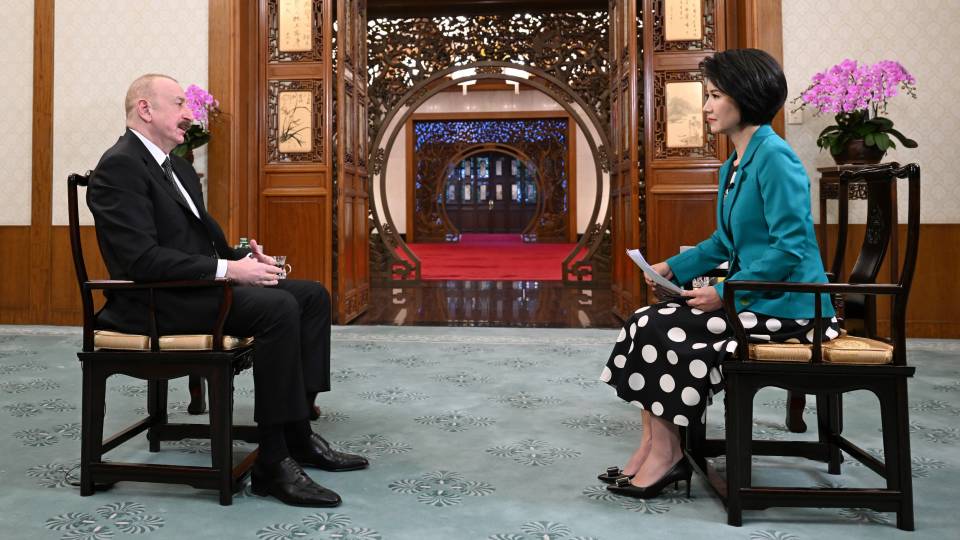
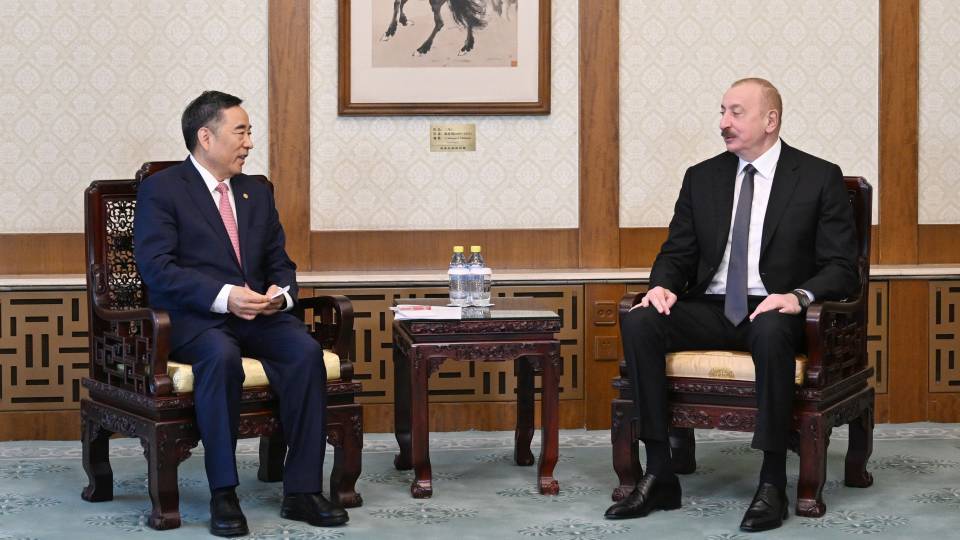
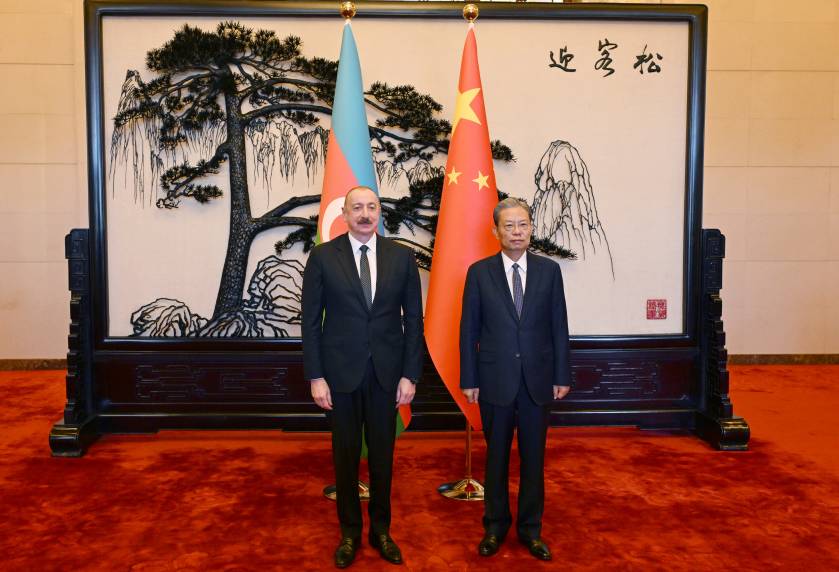
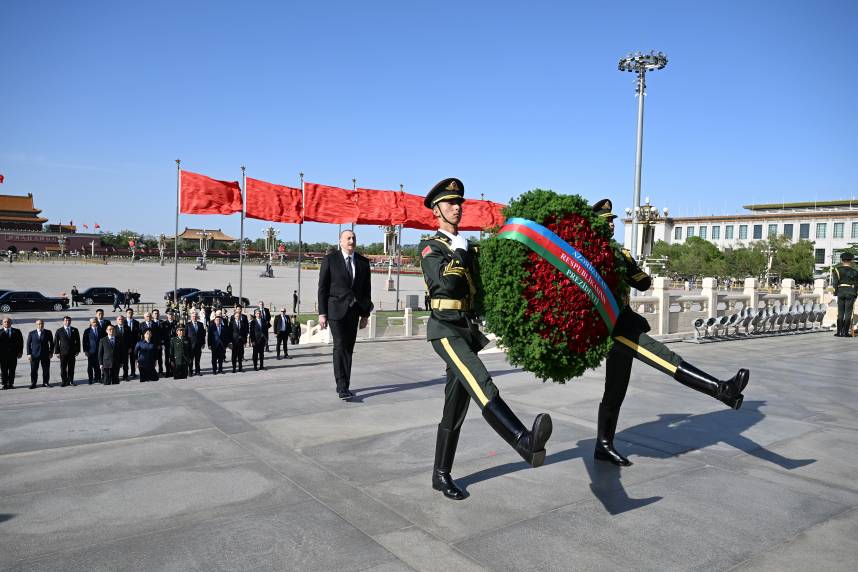
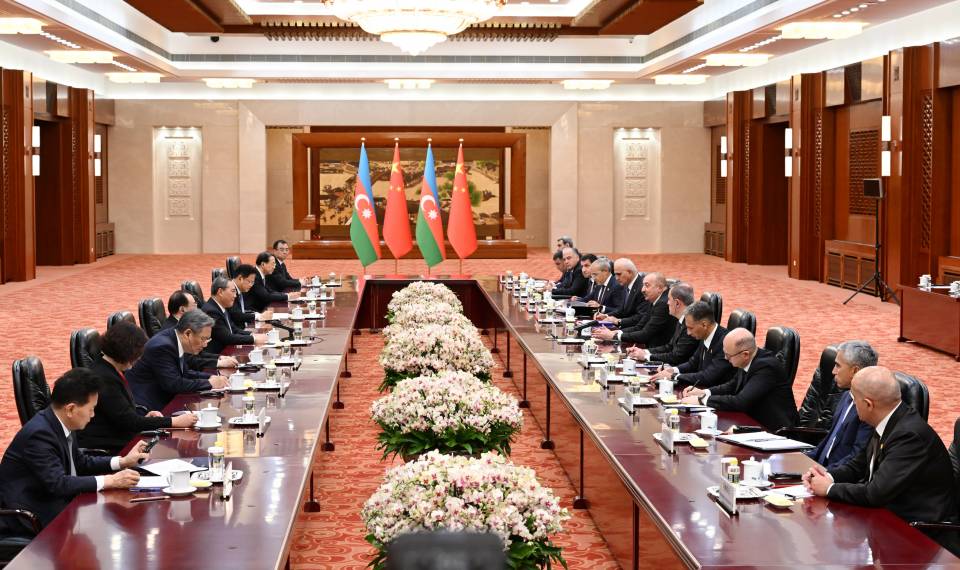
On April 23, President of the People's Republic of China Xi Jinping and First Lady Peng Liyuan hosted an official banquet in Beijing in honor of President of the Republic of Azerbaijan Ilham Aliyev and First Lady Mehriban Aliyeva.
23 April 2025, 12:15The “Joint Statement on the Establishment of a Comprehensive Strategic Partnership between the Republic of Azerbaijan and the People’s Republic of China” was signed in Beijing on April 23 during the state visit of President of the Republic of Azerbaijan Ilham...
23 April 2025, 10:57